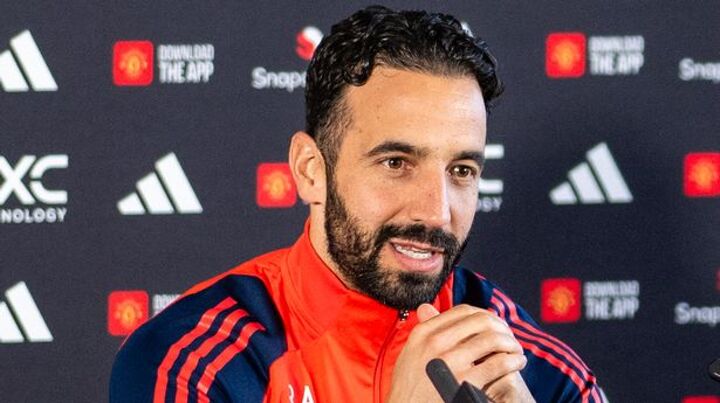Manchester United have set their sights on Sporting Lisbon's Geovany Quenda despite Ruben Amorim not signing.
Even before the new boss arrived, the Red Devils were already preparing to pursue the teenager. Quenda made Amorim's debut for Sporting and ties have grown following the manager's appointment at Old Trafford.
Amorim signed Quenda to Sporting's first team this season and he continued his excellent form in the Champions League win over Manchester City, assisting one of Viktor Gyokeres' goals from full-back. Although Amorim has played him as a wing-back in his 3-4-3 system, the 17-year-old can also be played as a forward, further increasing his appeal.
The club's scouts looked at the winger last season, when Erik ten Hag was still seen as the man to take them forward. Quenda fits the bill following United's recent policy change, which sees them looking for younger talent with the potential to grow.
They have taken that approach rather than going after proven trophy winners such as Cristiano Ronaldo and Casemiro from previous windows, with big name flops being an all too regular occurrence in Manchester, the Telegraph reports.
At the age of 17, Quenda became the youngest Sporting player to score in the Portuguese league, a record previously held by Ronaldo, another product of the Lisbon club.
Amorim is unlikely to be frustrated by the Manchester side going after players he has recently worked with, but he has made it clear he wants the final say when it comes to recruitment. Quenda was identified before he arrived and the ex-Sporting boss was open about the manager having to dictate transfers as he will pick up the slack if results fail.
He said: “I think it should be that way [done] All in all, because if you are a coach who comes in here and has already chosen the players, it could be wrong because this is a football club that will be here for a long time and you as a coach, you don't know that.
“So you all have to work together and for that we have to improve the recruitment process. The data, the profile of the players we want, but I have to take a strong stance on that because I am the coach and I know how to play, so I think it all comes together, but the last word, as you can say , should be with the manager – not just because it is your right, but because it is your responsibility, because in the end they will ask you about the results, for me.”
